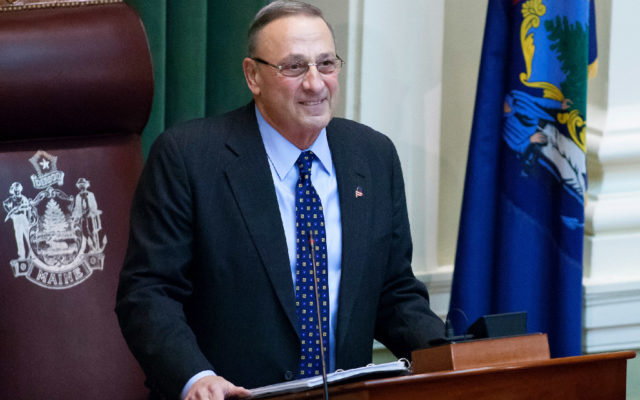
Minimum wage propaganda drives higher prices and taxes
Maine’s progressives have been selling the benefits of the minimum wage increase using faulty analysis. Don’t buy the hype.
Our businesses and our state budget will face significant challenges when the minimum wage rises to $11 and $12 an hour over the next two years.
We’ve all heard the old saying about lies and statistics. Here’s the latest example, two recent blogs by the progressive Maine Center for Economic Policy incorrectly use workforce data to support raising the minimum wage.
In a Jan. 8 blog, MECEP incorrectly attributes our 2017 wage gain to the increased minimum wage. According to economists at our Department of Labor, total wages paid were unusually low in the fourth quarter of 2016 and unusually high in the first quarter of 2017. This was not due to the minimum wage referendum. Rather, many employers delayed bonuses and other annual performance payments from December to January.
Why the delay? Because businesses expected incoming President Trump — with the Republican-controlled Congress — would pass tax cuts as promised. Looking at the 2017 data without that important context is misleading.
But progressives’ misunderstanding of workforce data leads to greater deceptions.
For instance, MECEP’s blog dated April 2 draws a number of misleading conclusions. The worst claim is their argument that in 2017, low-wage workers received their largest annual increase in earnings in the last 15 years.
But the 2017 data is not representative of a single year of employment wage gains. Two of the years included in the 2017 data set, 2015 and 2016, preceded any increase in Maine’s minimum wage.
The 2017 wage gains are largely from our improving economy, which is driving the fastest rise in real average wages in two decades — not the minimum wage. Once again, progressives prove they know little about economics, yet remain ready to tell you how to run your business.
Instead of listening to progressive falsehoods, let’s listen to our employers, who testified to the Legislature that they’ll cut hours and raise prices if the minimum wage increases.
Our state budget faces a similar challenge. We need to increase reimbursements to non-profit healthcare agencies to compensate for rising wages. To pay for this, the state must raise taxes.
A short-term budget fix will not resolve the ongoing pressure to raise wages. Year after year, these non-profits will need more money to keep pace.
We need to take the pressure off wages. One way to do this is to allow our 14- and 15-year-olds to enter the workforce more quickly by eliminating the work-permit requirement during summer months.
This would make almost 30,000 workers immediately available to employers. Several states, including Arizona, Florida and Oregon, do not require any work permits.
So don’t fall for the progressives’ propaganda. It’s bad for our state budget, and it’s bad for our businesses.